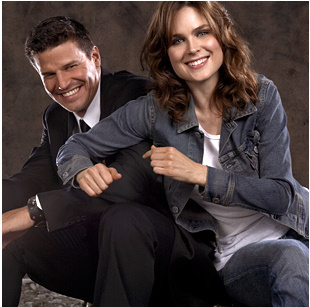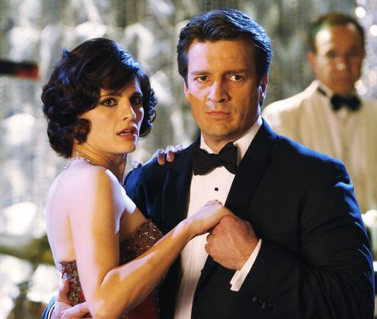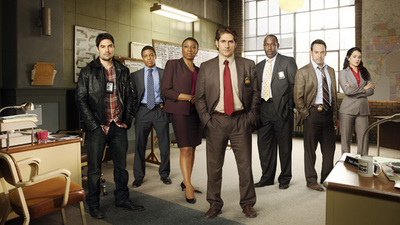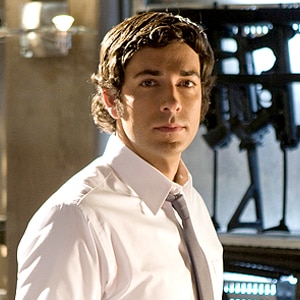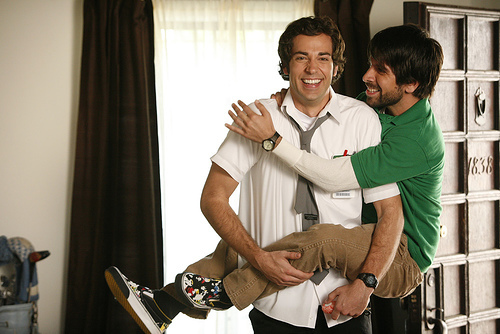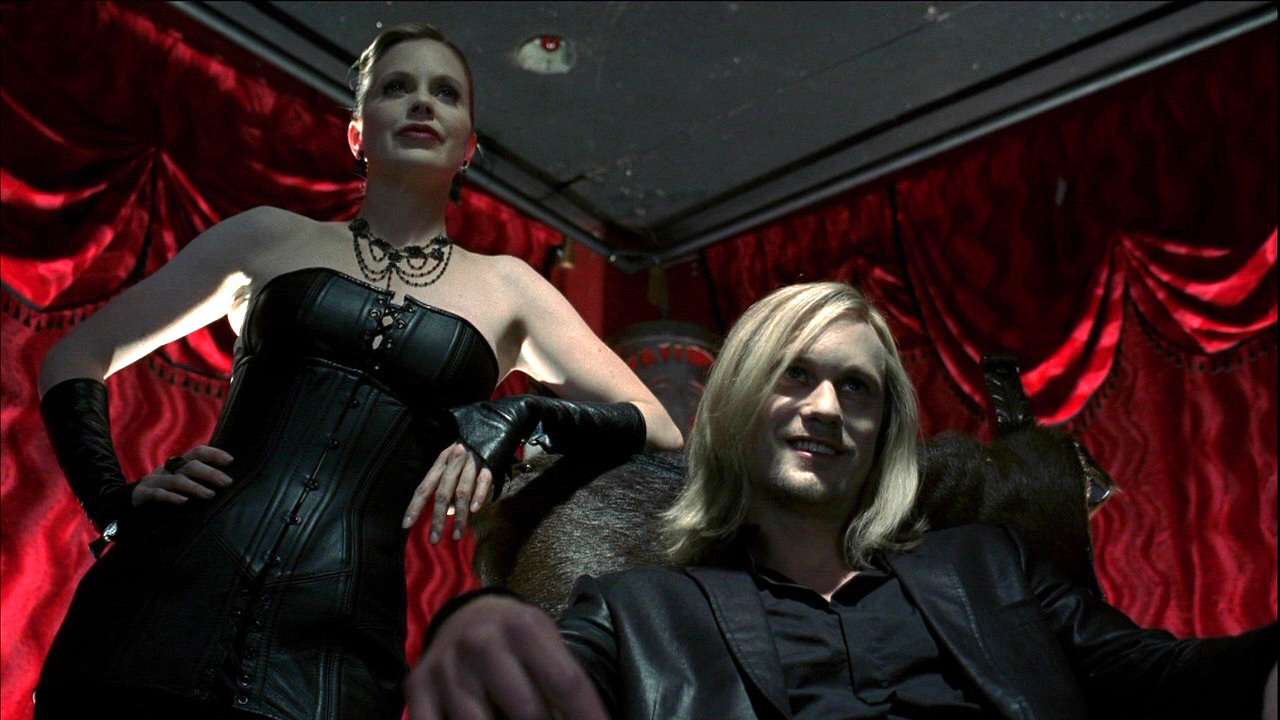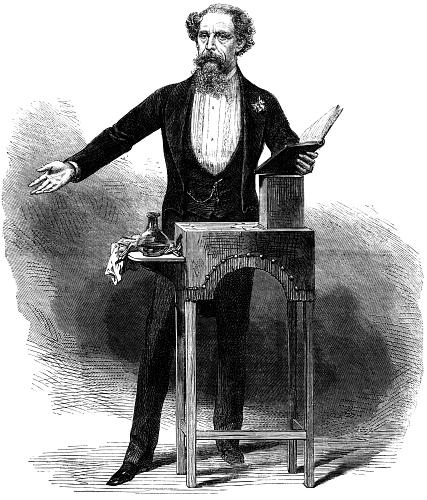by Courtney Hilden

A writer in New York, even a terrible, aspiring, self-deprecating one like myself (especially one like myself) is required to make certain literary sojourns. I had considered what my first one should be. A visit to Melville’s grave? A lecture on Austen? Trying to crash a book party for Franzen? Decisions decisions.
Finally, I made one: a poetry reading. I am now a Poet (yes, capital ‘P’) and I am apparently meant to care about other’s poetry, so that’s how I found myself sitting in a church gathering room, bars on the windows, listening to Steve Healey read poetry.
This is probably bending the writer-in-New-York-literary-sojourn rule, since I actually had Healey, once upon a time/a year ago as a teacher. I had even heard him read once, once upon a time/about eight months ago.
Of course, now I had actually read his most recent book of poems,
Ten Mississippi. I had been browsing in the poetry section of The Strand, another site for writers in New York. The poetry section was the only deserted aisle in the whole store, and I plopped down on the floor and let my fingers tickle the spines until I found myself holding his book.
I read it about a month ago, I loved the first part but somewhere after the section of ten poems on the Mississippi I found myself feeling like I had meandered on that river too long and that my mind was flying away to other places. This isn’t to say the book is bad, it’s not. By poetry standards it’s remarkable because these days you’re lucky to get a book of poems with two decent poems to juxtapose on a double page spread.
Hearing him read, now that I had done my homework (sorry, Sir, I didn’t do the homework the first time I went to one of your readings) was actually nice. I remembered things from my own reading of the material, and it was like running into a high school friend: we know each other, right? And then you look each other down, and yes, there is that thing that first scratched at the back hairs of your memory, but there’s also all these things that are totally foreign to you. You know what? Scratch that, I was just allowing myself to put a bias on these poems that isn’t necessary. Actually, hearing Healey’s poetry was like seeing Healey again: like seeing someone you had seen relatively recently, in the best way possible. His first poem was “Ketchup Over the Park” and it felt good to hear him say that “we know Macbeth is going to get fucked.” Can Healey please write a poem about that? I would listen to that. An entire poem about Macbeth, getting fucked.
He then read all ten Mississippi poems, which covers, yes, the river, yes, hide and seek, and yes, seeing old friends again and realizing you’ve changed (see, I
knew I was thinking about that for a reason.) And also dead bodies, lots of dead bodies. The poems that work the least in the book are those that collage the news reports involving dead bodies being pulled from the river, but these are the poems that work best outloud.
He finished with a few other poems from the book, including “Consider There is a Person.” The only poem I wish I had heard? “While I Held My Breath Underwater,” which involved opera, swimming, fish fillet, and drowning, in that order and then in reverse. And then that was it. Really, a bit of a tease. There was no “Intelligent Design,” no “Among the Most Well-Educated Motherfuckers,” no “A Cat as King of the Fog.” (For shame, Sir, being one of those poems who writes a poem to Wallace Stevens. We get it: Modern poets like Stevens. You know how many poems people have written to that man? He’s in heaven now, swearing to the high part of it that he’s got enough to do in eternity as it is, he doesn’t need more poems to read.)
We had a seven minute break, and I spent the time going over my notes (not for this review because I only sometimes write notes for my reviews but my personal I’m-a-poet-ask-me-more notes.) I wrote two poems, one to a friend who ditched me to do something else instead of coming to this reading and another about what it feels like to sit alone and be the only person without someone else and why am I the only one who needs a seat between me and the next person? No one else here does. Suffice to say, those seven minutes flew by faster than my neurotic tendencies.
Next up was Linh Dinh who I have no experience with. I could have just left like the red-bearded dude probably from Minnesota did, but I decided to stick around since I had to pay eight dollars to hear poetry tonight, and I don’t have enough money to be throwing around eight dollars.
Linh Dinh first commented on the similarities between him and Healey, then said something about trying to out-sick him. If Healey’s sick we’re all dead of the plague, frankly and since my armpits have checked out for the normal amount of hairy, I’m going to come out and say it: Healey’s poetry is relatively calm as a river (not the Mississippi.) Dinh, on the other hand, is manic or dissociative or possibly both.
One of the first things he did was insult bloggers, and I’m sure if Dinh ever happens to stumble upon this than he’s probably expecting me to be all offended, but like I said, I’m
this close to qualifying as apathetic about other people’s poetry. So it doesn’t really bother me, because, yes, my blogging is probably embarrassing, but if it’s the sort of humor that makes someone smile like you do at a comedian making fun of themselves, than I’m declaring victory anyway.
I’m not sure how much of that criticism I should take seriously anyway, because Dinh may have been speaking in persona. I say may because at first, I thought this was him, and then later on, when he read some prose poems I thought maybe not. So bully for him for making me believe he was an uneducated gangster-wannabe teenager. I quite enjoyed both this early part of the performance and that latter part, especially the prose poem about a prisoner who finds a dictionary and teaches himself a new language. Dinh’s right to call it a parable, because like most of the stuff in the Bible, I only get about half of it. But this is due more to my general, already-stated apathy for other people’s poetry and need to carefully consider a poem over multiple readings than it has anything to do with him.
The reading over, I decided to say goodbye to Healey. Another hug, a little nostalgia over last year’s class. (I can’t get over the kind of talent I was surrounded by in that class, though I feel that way about other classes, organizations and even the dorm I once lived in.) I kind of wished my favorite people from that class were around, except for Erin, who knows that I never want her around, especially when she makes me assert my senior superiority all over her on the first day of school.
Then Healey asked me about a guy friend in that class, and was liked stunned because it was one of those implications that was basically like “So, you two…” and then trailed off to imagine the possibility of us dating. This is the third time someone’s done that to me, the second time it’s been a professor. Apparently these teachers pay more attention than you would think.
 After a brief break, Frontier Ruckus came on. I must here make the confession that I am somewhat biased when it comes to this band. I took a class a couple of years back with the drummer, Ryan. At the beginning of the class, I was familar with the band but unaware of his connection to them. I liked Ryan as a fellow student because he was smart, well-read, and engaged in the class. Only later another student in the class tipped me off that he was in Frontier Ruckus.
After a brief break, Frontier Ruckus came on. I must here make the confession that I am somewhat biased when it comes to this band. I took a class a couple of years back with the drummer, Ryan. At the beginning of the class, I was familar with the band but unaware of his connection to them. I liked Ryan as a fellow student because he was smart, well-read, and engaged in the class. Only later another student in the class tipped me off that he was in Frontier Ruckus. Finally, the crowd could stop anticipating, because The Hard Lessons were finally on. Again, I have to pause to explain my bias. I attended a school where the guitarist and male vocalist, Augie, taught for about a year.
Finally, the crowd could stop anticipating, because The Hard Lessons were finally on. Again, I have to pause to explain my bias. I attended a school where the guitarist and male vocalist, Augie, taught for about a year.







